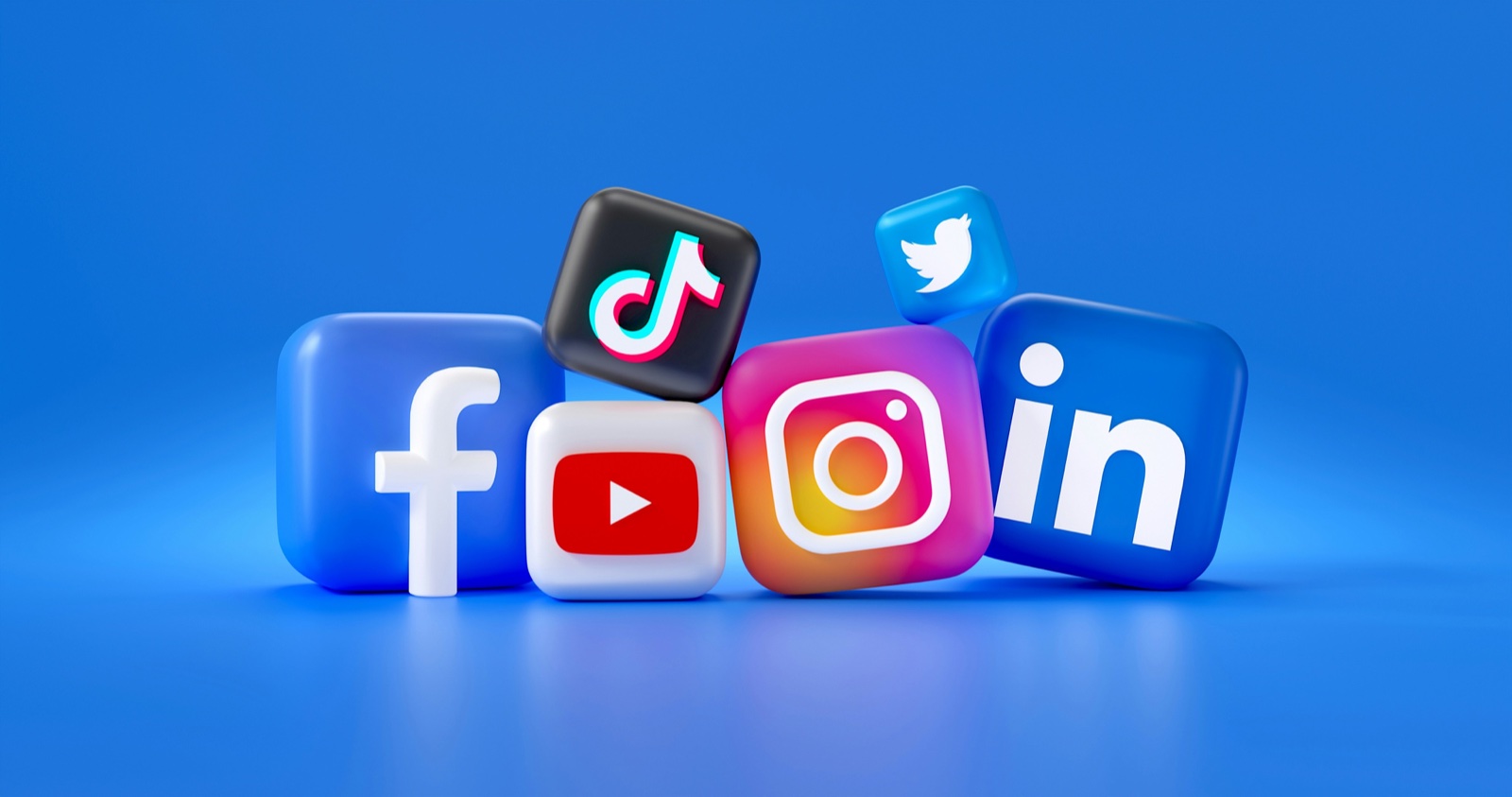Any startup can gain traction and reach profitability in two years. But 50% of them never survive past the fifth year.
Why? They keep applying the same strategies year in and year out.
To avoid the business plateau common in the B2B industry, you must continually adjust your growth strategy to fit your company’s needs.
This article is a guide for startup founders and marketing directors who are undecided about the impact of partnerships on business growth.
What is a growth strategy?
A growth strategy is a set of business initiatives enabling a company to realize its expansion goals.
Expansion occurs when various factors—internal and external—influence a company’s success. Business expansion in this context is subjective because the parameters for measuring it may change based on your company’s current performance and objectives.
It could manifest as a larger customer base, increased revenue, brand awareness, asset acquisition, product enhancement, or a surge in demand.
Whichever one is for your company, only a clear-cut strategy can determine the action plan you need to achieve the desired growth.
How Can Formidable Partnerships Drive B2B Growth?

There are several types of business partnerships—all of which can enhance company growth. Some key ones are vendor-client relationships, business-to-business partnerships, and influencer marketing.
However, the next section solely spotlights influencer collaborations.
What is influencer marketing?
An influencer is a person who can encourage or compel other people to do something. To be an influencer, one must be seen as an expert in their niche and have a dedicated social media following.
On the other hand, influencer marketing means paying specific industry leaders (i.e., influencers) to recommend your product and services. This type of partnership has existed for centuries. It predates social media.
However, due to the surge in the number of active social media users, it’s become common for businesses to collaborate with people that;
- understand the market
- are viewed as experts in that industry
- and have a dedicated audience
How do Influencer Partnerships Impact Startup Growth?
Modern-day influencer marketing plays out like this:
pay X to recommend your product to people, X’s fans buy from you. Revenue flows, and your business grows.
This business partnership is a great option for startups yet to gain traction or product-market fit.
Here are two things collaborating with an influencer can do for your business.
- Demand generation
- Easy feedback collection
Let’s discuss each point in more detail.
- Demand generation: demand generation is simply the process of creating awareness and interest in your product. When an influencer talks about how they discovered your product/service and how you have helped them achieve specific results, their audience’s curiosity is triggered.
They want to have first-hand experience; hence they head on to your website to see what your company is really about. Whether or not they end up purchasing your product at the moment, they now know about your company and what you offer.
- Feedback collection: collecting in-app feedback is truly essential for product development. However, there’s only so much your customers can say on a “yes or no” feedback form.
Partnering with influencers creates a whole new avenue for your teams to find out what your customers really think of your product. When an influencer shares a piece of content about your business, their followers will no doubt engage with the post—mostly through comments.
Have your marketing team look through the comment section to discover what potential, existing, and previous customers have to say. You might just find tips that can enhance your product, improve certain processes or impact the quality of your customer service.
Apart from looking through the comment section of your collaborators, you can also interview influencers. They interact with your ideal customers regularly; therefore, they can offer a fresh perspective.
The Takeaway
While influencer partnerships can propel your business expansion, they shouldn't be the only weapons in your arsenal. The best approach to this kind of partnership is to view it as another cog in the expansion wheel.
So, while incorporating partnerships in your growth strategy, ensure that other key expansion catalysts are equally prioritized.


 How to Calculate Month-over-Month Growth Rate
How to Calculate Month-over-Month Growth Rate